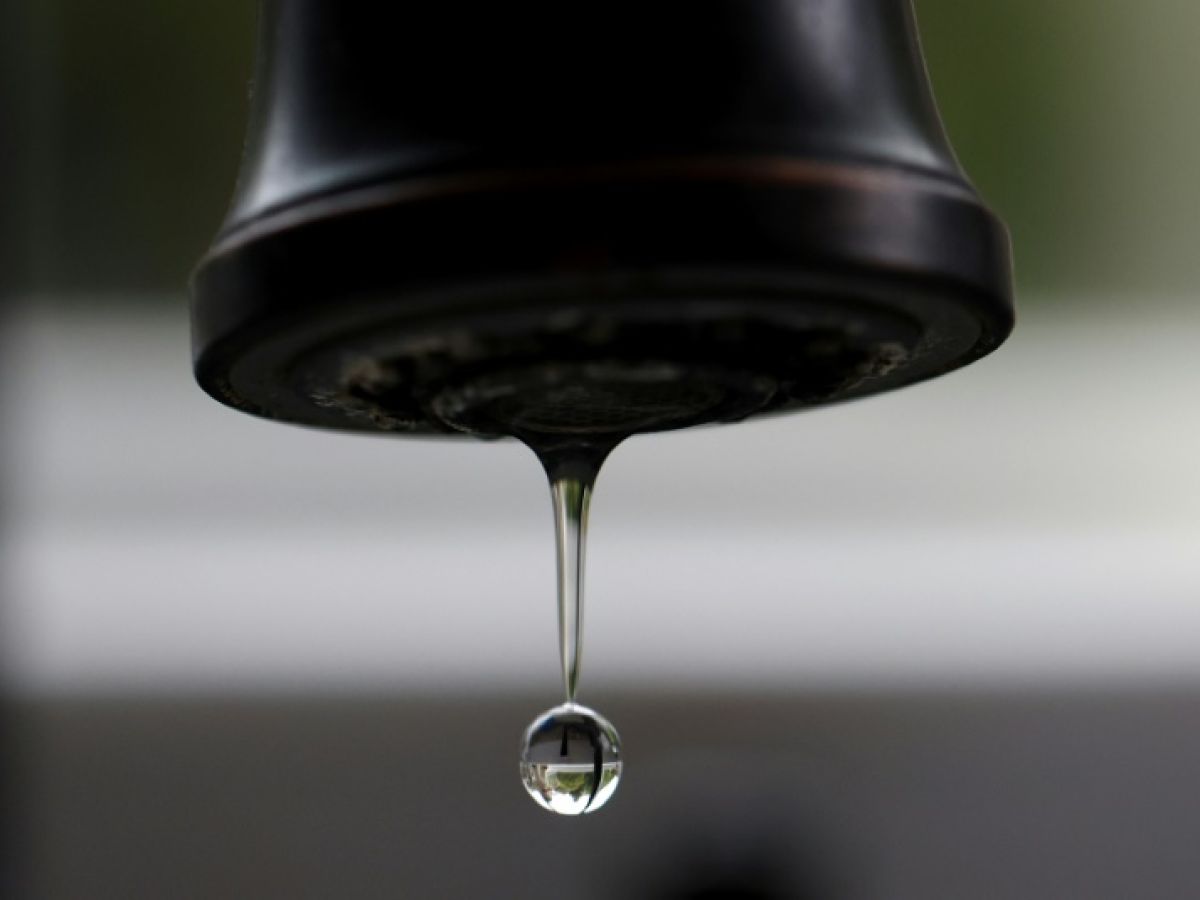The U.S. government announced Tuesday that it has finalized regulations to replace all of the country's lead pipes within 10 years to protect the population from contaminated water, a decade after the Flint health scandal.
President Joe Biden announced at the start of his term that he wanted to remove all of these pipelines, a goal whose details have now been specified by the Environmental Protection Agency (EPA).
The American president welcomed this step taken during a trip to Milwaukee, Wisconsin, on Tuesday.
“The only way forward is to replace all lead pipes and connect the American people to clean water, there is no alternative,” Biden said.
Since the start of his term, 367,000 lead pipes have already been replaced in the country, according to the White House.
But the EPA estimates that up to 9 million American homes still receive their tap water through lead pipes.
In 2014, contaminated water in the city of Flint was one of the worst health scandals in U.S. history. The state of Michigan decided to change its water supply to save money, exposing residents to water loaded with lead.
While environmental associations welcomed the finalised regulations on Tuesday, organisations representing water distribution services were less enthusiastic.
There are challenges in terms of "cost, labor, supply availability, and access to private properties," the Association of Metropolitan Water Agencies (AMWA) said in a statement.
Replacing all the affected pipes could cost as much as $90 billion, according to the American Water Works Association (AWWA). "The majority of these costs could fall on consumers through their water bills," it added.
– “Monumental victory” –
In 2021, Joe Biden's major infrastructure modernization plan included $15 billion in funding to replace lead pipes.
On Tuesday, the EPA announced an additional $2.6 billion dedicated to this purpose.
"We have known for decades that lead exposure has serious long-term health consequences for children," EPA chief Michael Regan said in a statement.
No level of lead exposure is completely safe, experts say. It can seriously affect the physical and mental development of children. In adults, it can cause high blood pressure, heart problems, kidney problems, and cancer.
“Ten years ago, my hometown of Flint, Michigan, had lead-contaminated drinking water because there were no strong laws at the federal or state level,” said Melissa Mays, operations manager for the Flint Rising coalition of organizations.
The EPA's announcement "is a big step in the right direction," she said, quoted in the statement from the environmental organization NRDC.
The latter welcomed a "monumental victory" and noted that it was "the first significant new protection against lead in water in more than thirty years."
It will particularly benefit minorities and low-income people, "who are most affected by lead water pollution," added the League of Conservation Voters (LCV).


